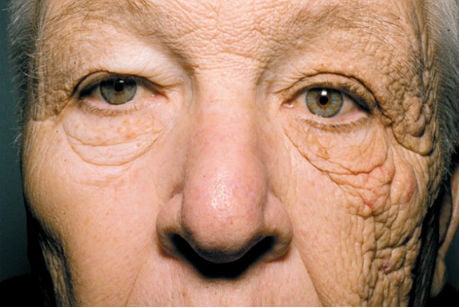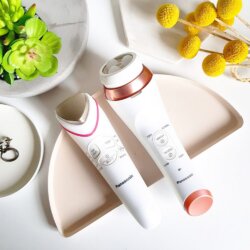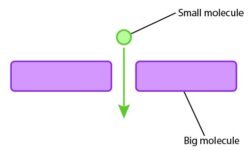Scientism or “Science-Washing” in Beauty
This is an amended version of a series originally published on my Instagram account @labmuffinbeautyscience. As science has gotten more trendy, scientism is starting to show up more in beauty marketing and the beauty community. Scientism, which I call “science-washing” (although apparently no one says that except me, but I’m vainly trying to make it happen) is science used in …







